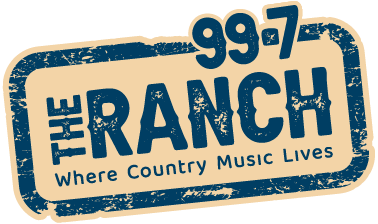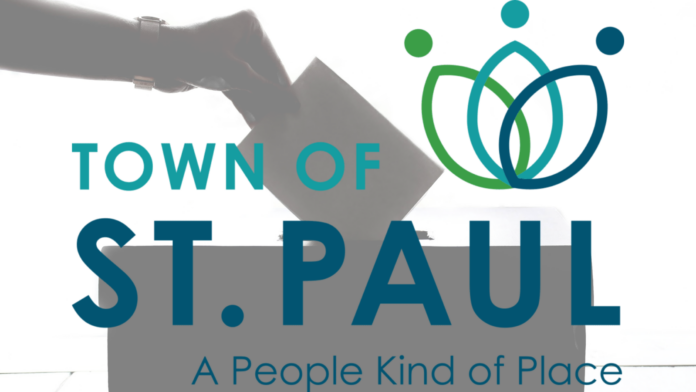The town the St. Paul is preparing for significant planning and budgeting hurdles ahead of the 2025 municipal elections, following changes introduced by Alberta’s Bill 20.
The legislation, which amends the Local Authorities Election Act (LAEA) and Municipal Government Act (MGA), will take effect on January 1, 2025, introducing a series of new requirements for municipalities.
A key change is the mandate for municipalities to maintain a Permanent Electors Register. During the council meeting on November 12, Aline Brousseau, the town’s Director of Planning and Development, explained the implications of this requirement. Municipalities must submit a comprehensive data set to Elections Alberta by March 1, 2025. Elections Alberta will then return an updated electors list by May 1, leaving municipalities with just five months to finalize the list before the election.
Brousseau said that this is a concern for many municipalities that lack systems to easily compile the required data. She added that while they are in better shape than some, there are still issues that need to be addressed.
Additional challenges include adjustments to recount procedures, new rules for scrutineers and third-party advertising, and stricter conflict-of-interest policies for elected officials. Compounding the logistical burden, municipalities will no longer be allowed to use automated voting equipment like electronic tabulators, necessitating a return to manual vote counting.
Many municipalities, including St. Paul, are considering outscoring the positions of Returning Officer and Substitute Returning Officer to meet the new demands. “There are so many unknowns here,” said Mayor Maureen Miller expressing concerns about both the timeline and potential costs.
CAO Steven Jeffery supported the idea of outsourcing, citing the heavy workload already facing town staff. He said, “I have the utmost confidence in our team,” but noted that they have their regular responsibilities and that the planning department will be especially busy over the next year.
The changes brought by Bill 20 will also increase election costs. In 2021, the town spent around $27,000 on municipal elections. For 2025, excluding costs for the Returning Officer position, the estimated budget is $45,000.
Mayor Miller highlighted a particular challenge for smaller municipalities, the lack of an existing elector list. She explained that while bigger cities might already have one, they have never had an electors list.
After a lengthy discussion, the council directed administration to investigate the costs of outsourcing Returning Officer positions, and any other expenses related to implementing the new election requirements. The findings will be considered during upcoming budget deliberations.




